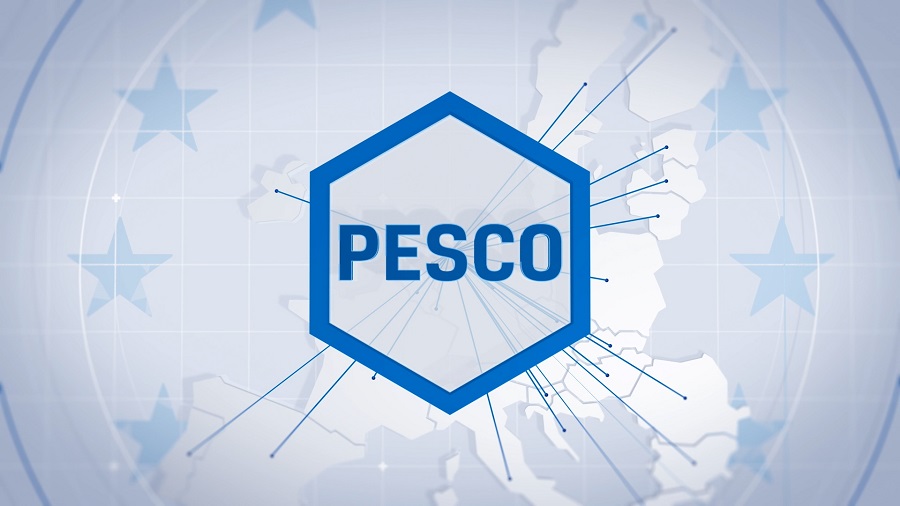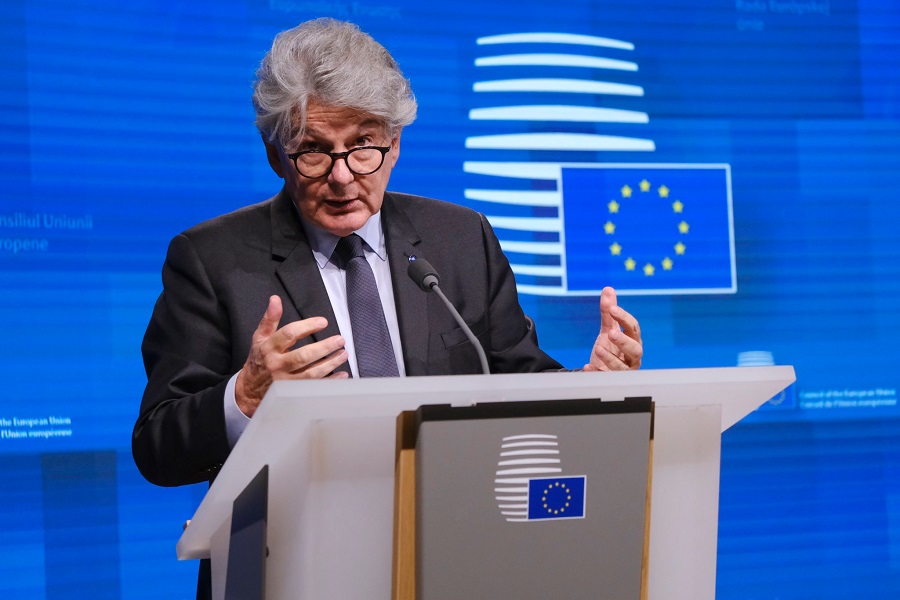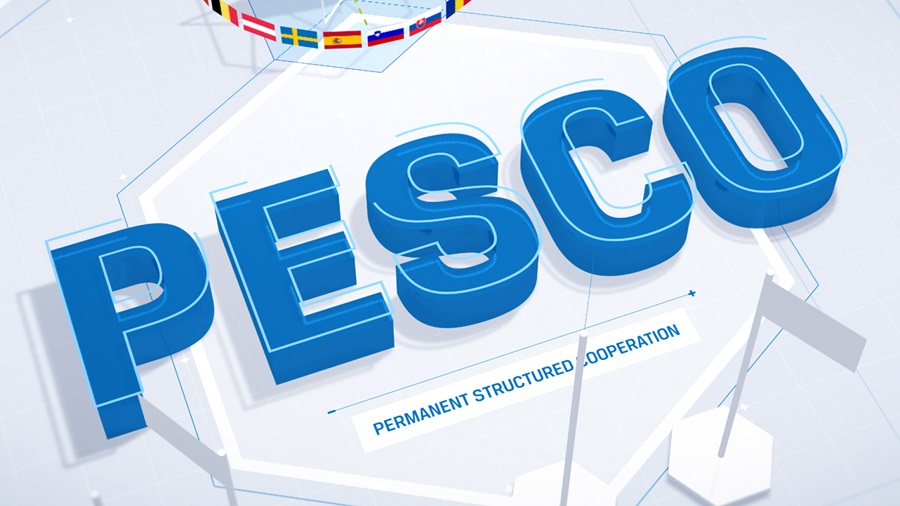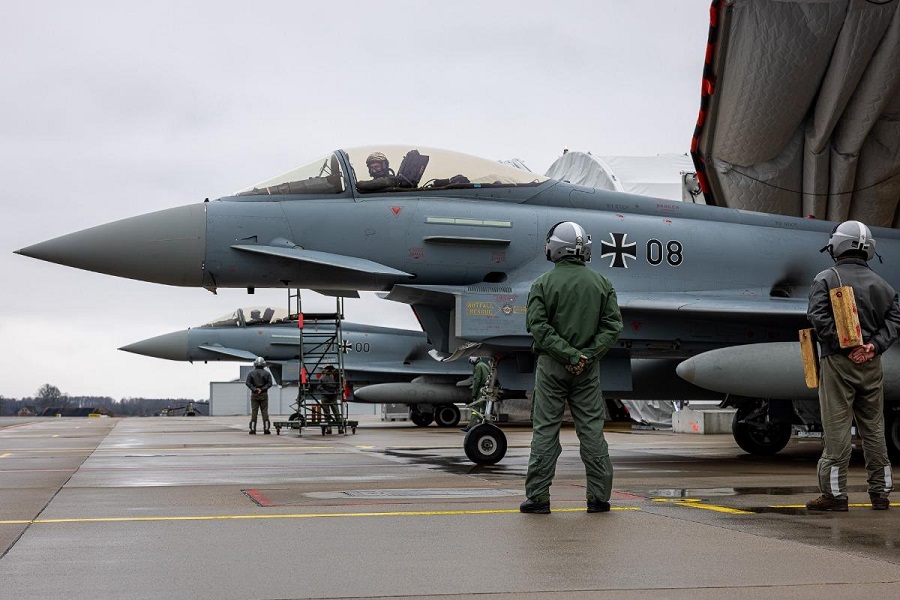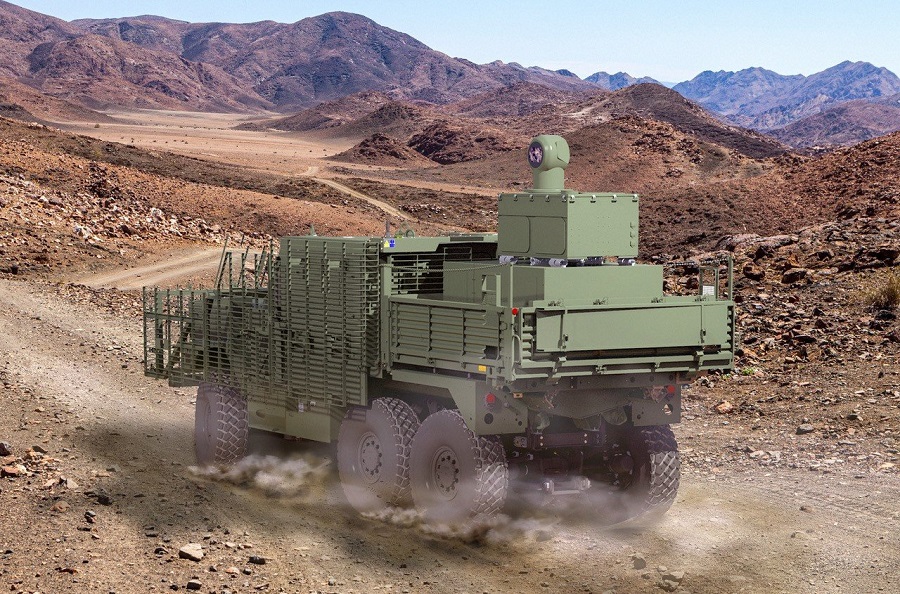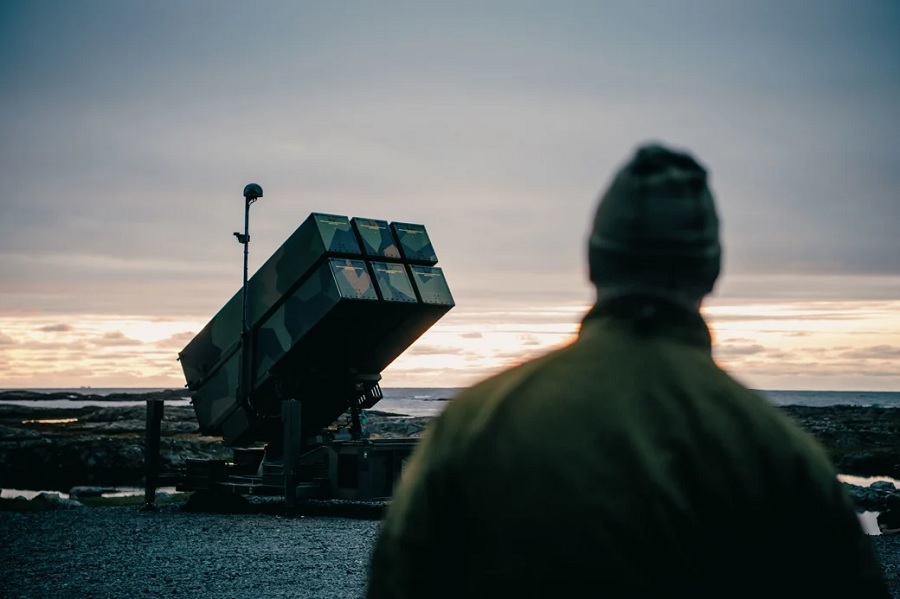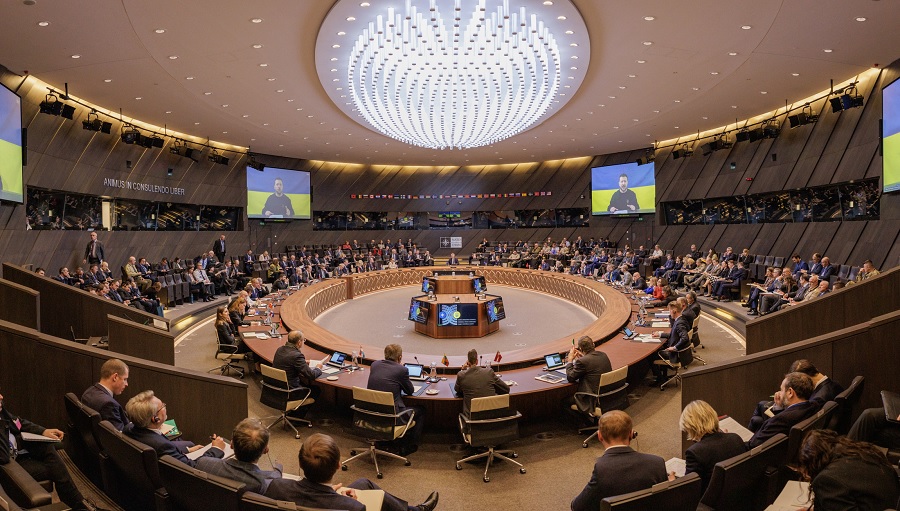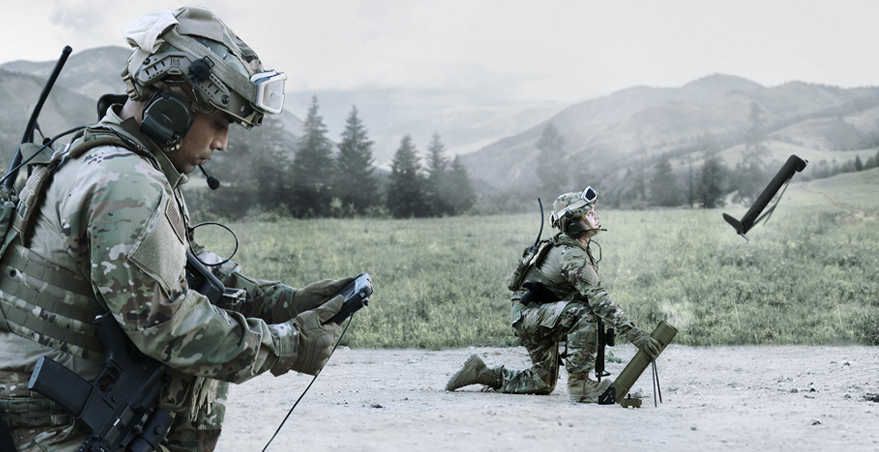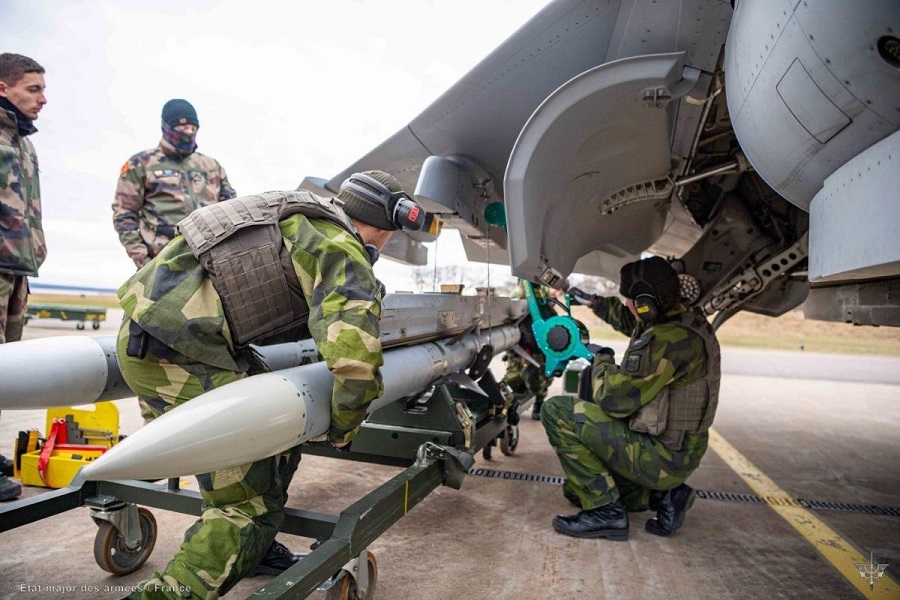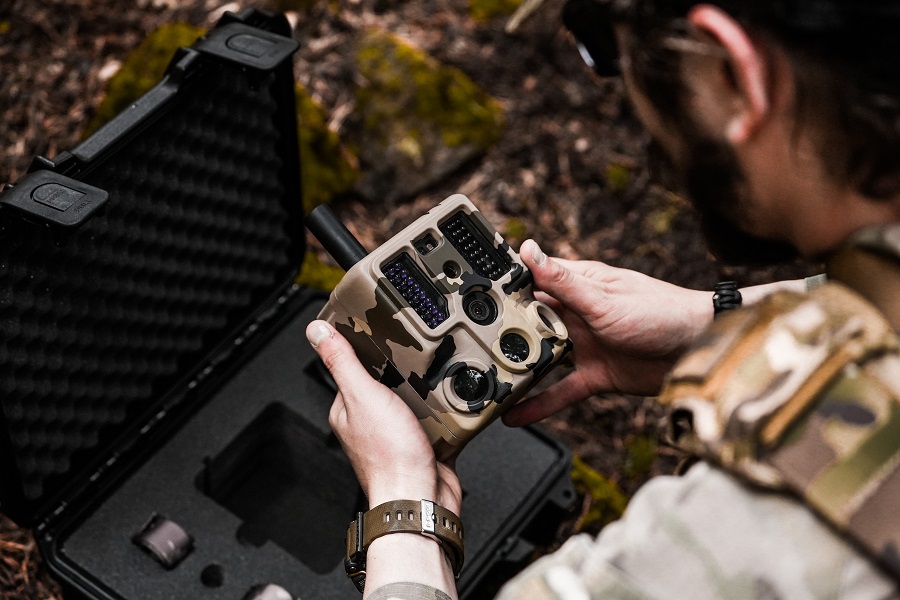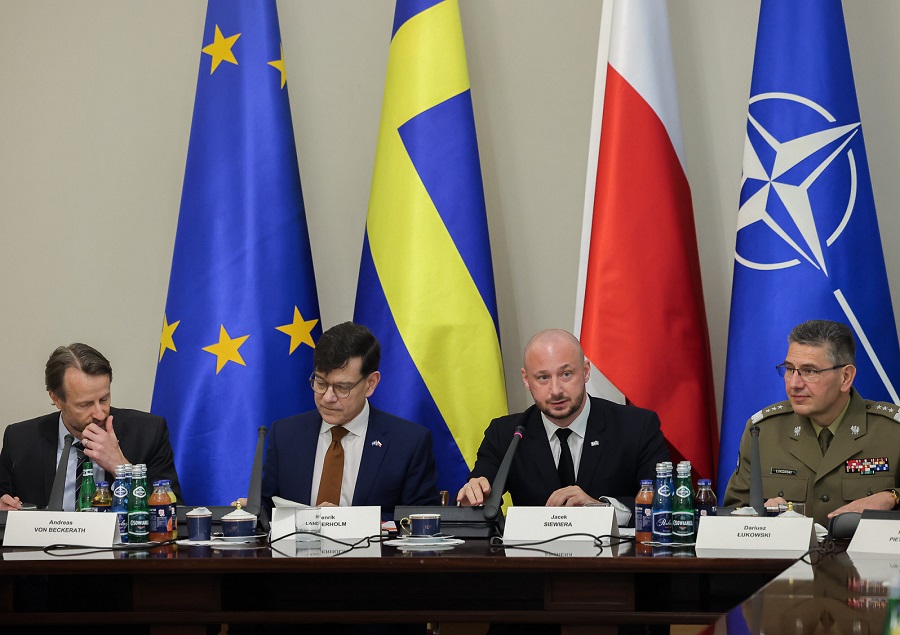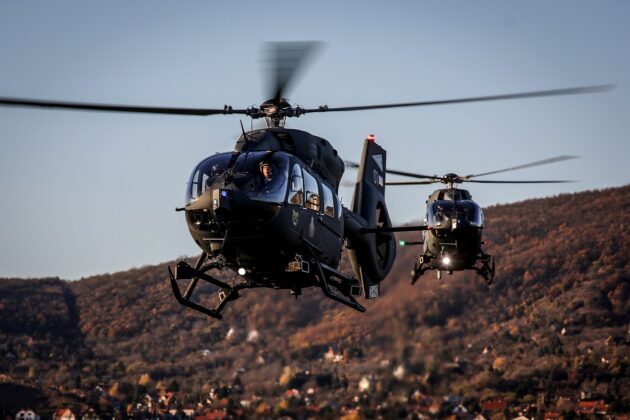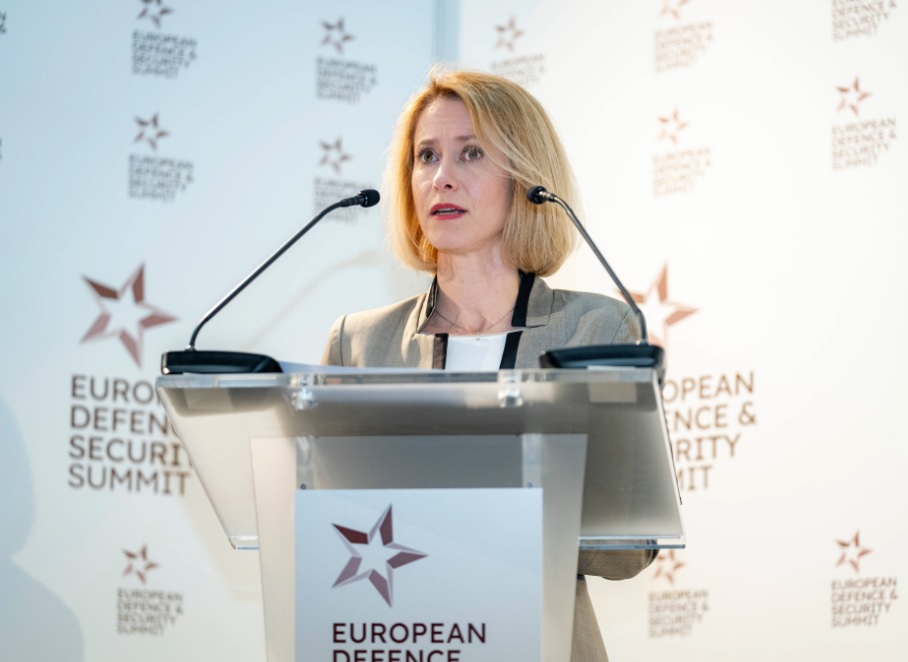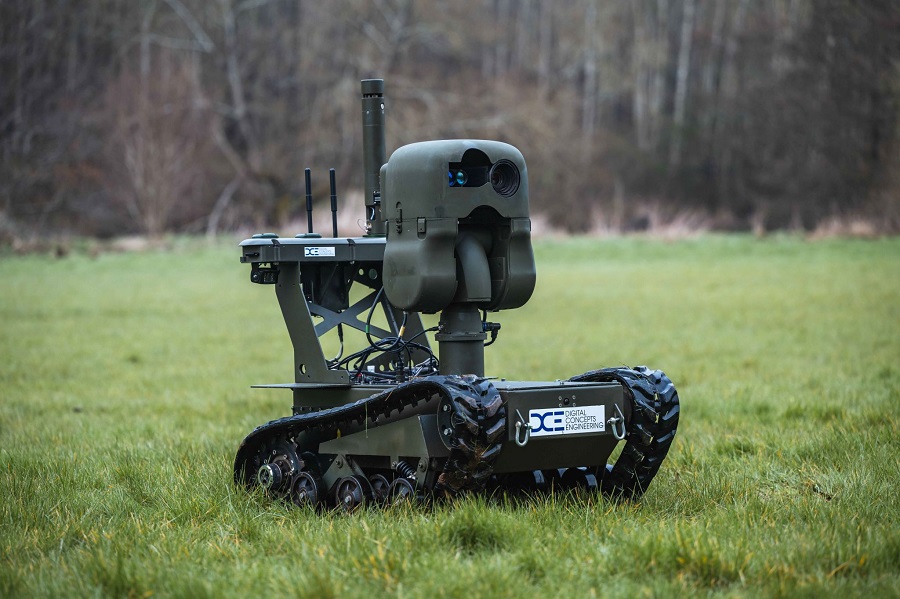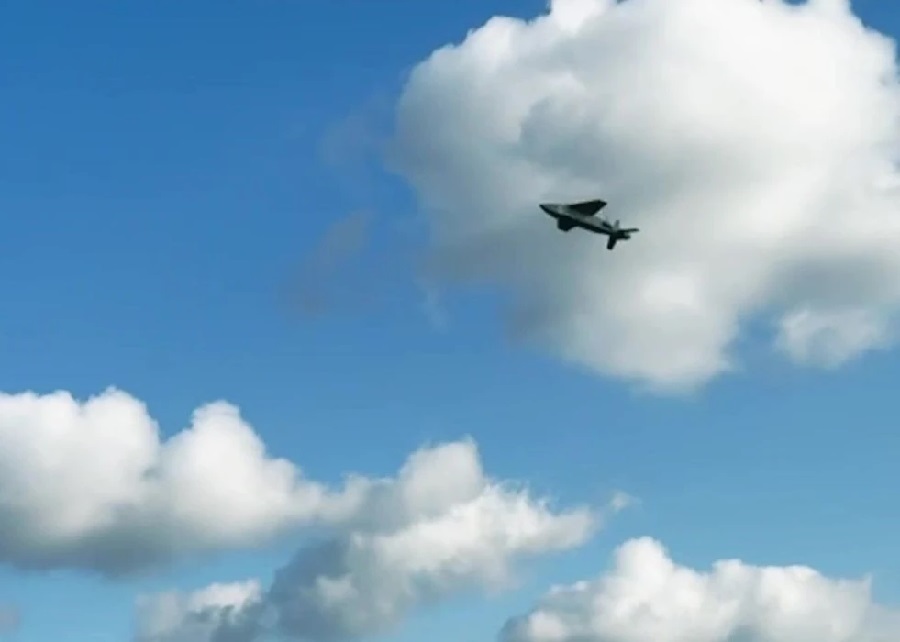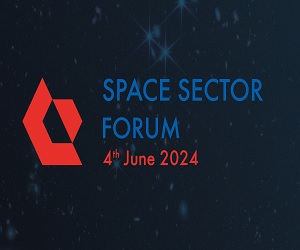MAS MCM project aims to deliver a world-class mix of (semi-) autonomous underwater, surface, and aerial technologies for mine counter measures. Launched in 2018, the project has concluded its first ‘’harmonisation of requirements’’ phase, finalising both the project Common Staff Targets (CST) and Common Staff Requirements (CSR) which specifies the capabilities of the future MAS MCM Toolbox 2.0.
During 2 weeks in September, a team from the MAS MCM project were on site in Sesimbra (Portugal) and executed test scenarios coordinated in advance with the NATO’s Mine Warfare Center of Excellence (Ostend, Belgium). One of the test scenarios included the contribution to an interoperable data exchange framework as well as command and control structure. Another scenario, led in the scope of the EDA’s SARUMS project, included sense and avoid experimentations using the forward looking sonars of Autonomous Underwater Vehicles (AUV) delivered by the French Navy and by the University of Porto. The test scenarios were conclusive, contributed to the validation process of the MAS MCM CST/CSR, will help for the further development of the needed requirements for the future MCM toolbox and contribute to the safe operation of AUV.
REPMUS 2022 was identified as the ideal operational environment setting to conduct experimentation for MAS MCM, taking the opportunity to explore and validate key concepts which have emerged from within the project to date including, experimentations focused on sense and avoid behaviours and capabilities of current unmanned maritime systems.
The project will take the lessons learned from its testing during REPMUS 2022 and will also lead to closer cooperation with the industry for further testing of new technologies and their interoperability, by further developing this operational and technological output process for the next experimentation iterations.
Background
MAS MCM is led by Belgium with France, Greece, Latvia, Netherlands, Poland, Portugal, and Romania as project members.
REPMUS22 is an operational experimentation exercise conducted on an annual basis, designed to allow large-scale experimentation with Operational Communities working together with Academia and Industry to develop and test operational concepts and requirements, interoperability, technological advances, tactics, and procedures.



